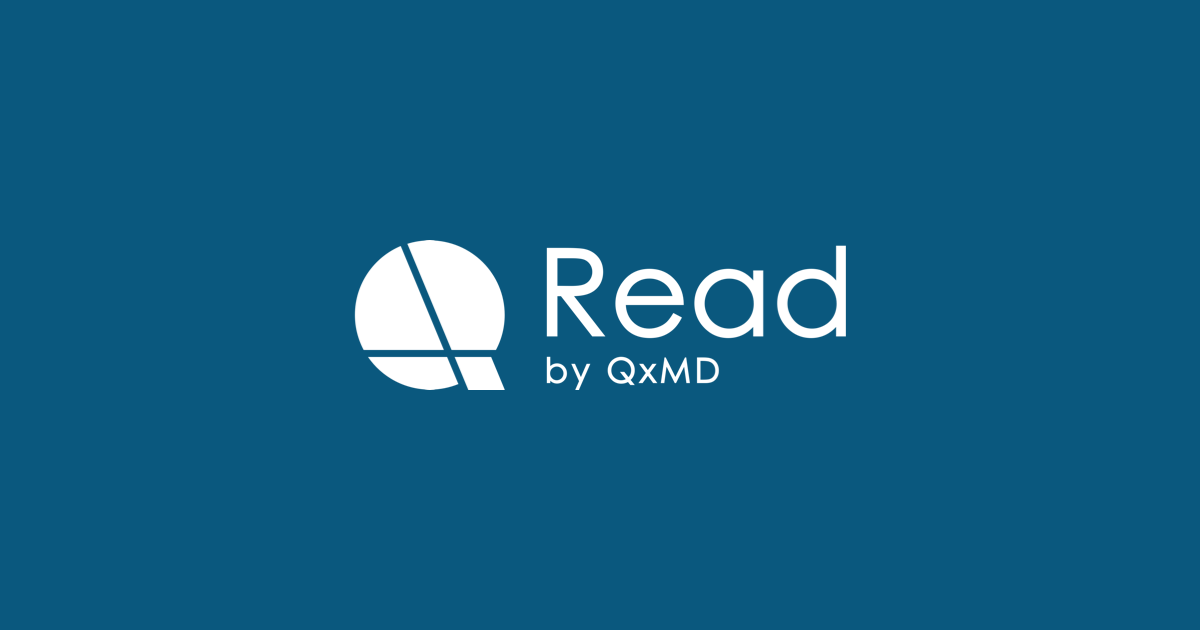The original paper and score was developed back in 1994. The scoring of orientation was based upon an orientedconversation which implies awareness of the self (e.g., the patient can answer the question: “What is your name?”) and environment (e.g., the patient correctly answers the questions: “Where are we?” and “What year/month is it?”) which would be recorded as A&O x3 (times three has always meant person, place, and time) x 4 - would include situational awareness but per the original scoring and even the changes that came out in 2014 orientation to situation is not a requirement to score the gcs lower.
Consistency of applying scoring scales, whether is is GCS or the varied stroke scales helps maintain inter-provider reliability. So always score what you test - but it is helpful if you provide baseline gcs compnents if known (i.e. dementia pt who fell who is oriented x1 at baseline, or paralyzed limbs).
Of note in 2014-the GCS changes changed response to pain - to pressure, recommends providing individial scoring and marking NT = not testable items i.e. no more "3T". A newer less validated gcs-p scale that subtracts points for non-reactive pupils is showing some interesting prognostic data.
Take a look at
www.glasgowcomascale.org for some additional tools and info.




